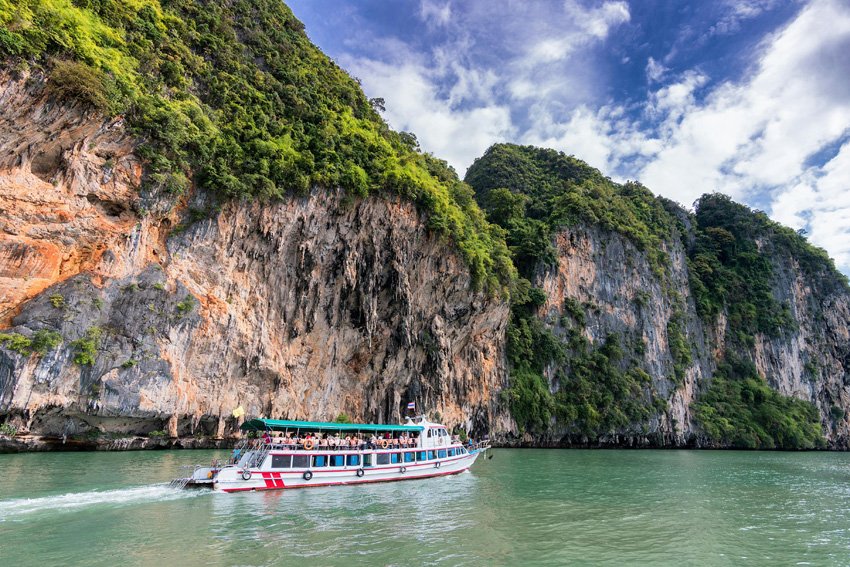Portuguese tourism has had an extraordinary impact on the country’s GDP in recent years. With its stunning landscapes, rich history, and vibrant culture, Portugal has become one of the top tourist destinations in Europe. This surge in tourism has not only boosted the country’s economy but has also contributed to job creation and infrastructure development.
The tourism industry has been a major contributor to Portugal’s GDP growth. According to the World Travel & Tourism Council, the direct contribution of travel and tourism to Portugal’s GDP was 8.3% in 2019 and is projected to rise by 4.8% per annum to 10.1% of GDP by 2029. This growth is fueled by an increase in both domestic and international tourists who are drawn to Portugal’s unique charm.
One of the main factors that make Portuguese tourism extraordinary is its diverse range of attractions. From the historical sites of Lisbon and Porto to the sun-soaked beaches of the Algarve, Portugal offers something for every type of traveler. The country’s rich cultural heritage, including its traditional music, dance, and gastronomy, further adds to its appeal. The authenticity and warmth of the Portuguese people also play a significant role in attracting tourists.
The impact of tourism on the Portuguese economy is not limited to GDP growth alone. The industry has also been a job creator, particularly in regions heavily reliant on tourism. In 2019, travel and tourism directly supported over 438,000 jobs, which is 8.5% of total employment. Indirectly, the industry supported a further 569,000 jobs, making up a total of 17% of total employment in the country. These jobs range from hotel staff and tour guides to transportation services and local artisans.
Furthermore, the growth of tourism has led to significant investments in infrastructure. The demand for quality accommodation, transport, and leisure facilities has prompted the development of new hotels, resorts, and transport links. This not only enhances the overall tourist experience but also benefits the local communities by providing improved infrastructure and services.
However, it is essential to ensure that the growth of tourism is sustainable and does not negatively impact the environment or the local communities. Portugal has been proactive in adopting sustainable tourism practices, such as promoting eco-friendly accommodations and encouraging responsible travel. These initiatives aim to preserve the natural beauty of the country and ensure that the benefits of tourism reach all segments of society.
In conclusion, Portuguese tourism has had an extraordinary impact on the country’s GDP. The industry’s contribution to the economy, job creation, and infrastructure development cannot be overstated. With its diverse attractions, cultural heritage, and warm hospitality, Portugal continues to attract tourists from all over the world. As long as sustainable practices are upheld, Portuguese tourism will continue to thrive, benefiting both the economy and the people of Portugal.





